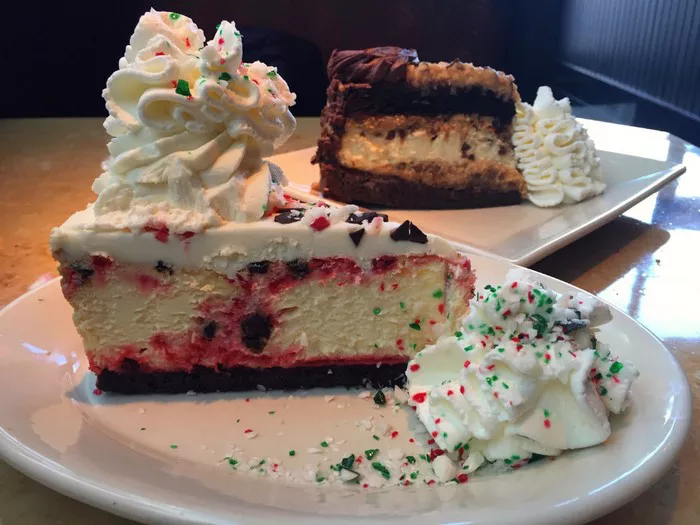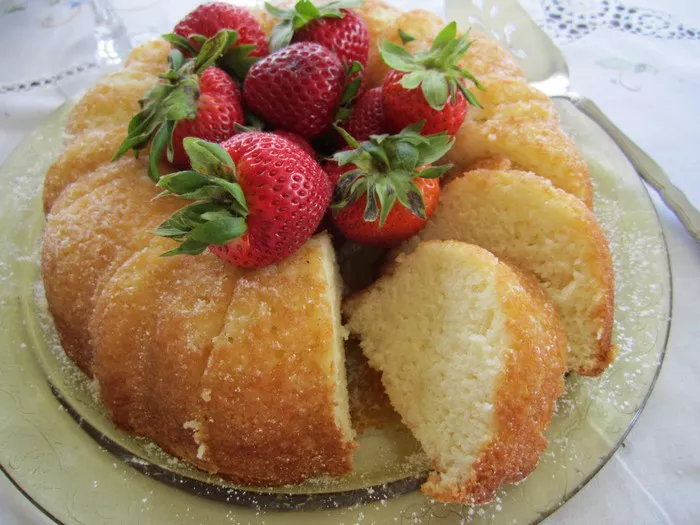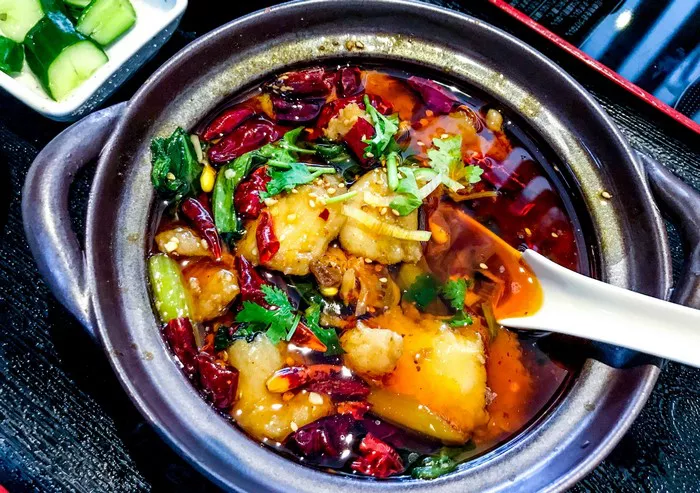Brownies, with their fudgy centers and rich chocolatey goodness, are a beloved treat for dessert enthusiasts of all ages. But what if you’re faced with the challenge of baking brownies without eggs due to dietary restrictions, allergies, or simply running out of this essential ingredient? Fear not, for there are numerous egg substitutes that can seamlessly recreate the texture and flavor of traditional brownies. In this article, we’ll delve into a variety of egg alternatives, offering you a comprehensive guide to successfully baking egg-free brownies without compromising on taste and texture.
1. Unsweetened Applesauce: A Moisture-Rich Substitute
Unsweetened applesauce is a versatile egg substitute commonly used in baking to add moisture and bind ingredients. Its natural sweetness also complements the chocolatey flavor of brownies. To replace one egg, use 1/4 cup of unsweetened applesauce. Keep in mind that applesauce may slightly alter the taste and texture of the brownies, resulting in a slightly softer and moister end product.
2. Mashed Bananas: Natural Sweetness and Binding
Mashed bananas offer both natural sweetness and binding properties, making them an excellent egg alternative in brownies. For each egg, use about 1/4 cup of mashed ripe bananas. Be aware that the banana flavor will subtly come through in the brownies, adding a pleasant fruity undertone. This substitution works particularly well when you’re looking to infuse your brownies with a hint of tropical flavor.
3. Greek Yogurt: Creaminess and Structure
Greek yogurt is another versatile ingredient that can serve as a successful egg substitute in brownies. Its creamy texture and protein content contribute to the structure of the baked goods. To replace one egg, use 1/4 cup of plain Greek yogurt. Greek yogurt not only adds moisture but also enhances the richness of the brownies, resulting in a slightly tangy undertone.
4. Silken Tofu: Smooth Texture and Binding
Silken tofu is an unexpected yet effective egg substitute in vegan baking. When blended until smooth, it creates a creamy texture that helps bind ingredients together. For each egg, blend 1/4 cup of silken tofu until completely smooth and use as a replacement. Keep in mind that tofu is relatively neutral in flavor and won’t significantly impact the taste of your brownies.
5. Vinegar and Baking Powder: Leavening and Lightness
The combination of vinegar and baking powder creates a chemical reaction that can help brownies rise and become lighter. To replace one egg, mix 1 tablespoon of vinegar (such as white or apple cider vinegar) with 1 teaspoon of baking powder. This substitution may slightly alter the texture of the brownies, resulting in a cake-like crumb.
6. Carbonated Water: Light and Airy Texture
Carbonated water, often referred to as sparkling water or soda water, can be used as an egg substitute to add a light and airy texture to your brownies. Replace each egg with 1/4 cup of carbonated water. This substitution is particularly suitable for those who prefer a softer and less dense brownie.
7. Commercial Egg Replacers: Convenience in a Box
Several commercial egg replacers are available on the market, specifically designed to mimic the binding and leavening properties of eggs. These egg replacers are typically made from a combination of starches, leavening agents, and binding ingredients. Follow the package instructions to determine the appropriate amount to use based on the number of eggs required in your brownie recipe.
8. Nut Butters: Creaminess and Moisture
Nut butters, such as almond butter or peanut butter, can be used to add creaminess, moisture, and binding qualities to your brownies. For each egg, use 3 tablespoons of nut butter. Be mindful of the flavor profile you choose, as the nutty taste will influence the overall taste of the brownies.
9. Aquafaba: Bean Water Magic
Aquafaba, the liquid from a can of chickpeas or other legumes, has gained popularity as a versatile egg substitute in vegan baking. Its unique composition makes it an effective binding agent and a suitable replacement for eggs. Use 3 tablespoons of aquafaba to replace one egg in your brownie recipe.
Conclusion
Baking egg-free brownies is entirely possible with the wide array of egg substitutes available. From unsweetened applesauce to mashed bananas, Greek yogurt, silken tofu, vinegar and baking powder, carbonated water, commercial egg replacers, nut butters, and aquafaba, each alternative offers its own unique benefits to the final product.
When substituting eggs in your brownie recipe, keep in mind that the texture, flavor, and moisture level of the brownies may be subtly altered. Experimentation is key to finding the perfect egg substitute that suits your preferences. Whether you’re following a vegan diet, dealing with allergies, or simply looking to try something new, these egg alternatives open the door to a world of egg-free brownie baking possibilities.
Remember that successful egg substitution involves considering the specific characteristics of your chosen substitute and how it interacts with the other ingredients in the recipe. By embracing these versatile egg alternatives, you can create brownies that are equally delicious, moist, and satisfying, providing a delightful treat for yourself and everyone lucky enough to enjoy your homemade egg-free creations.
























